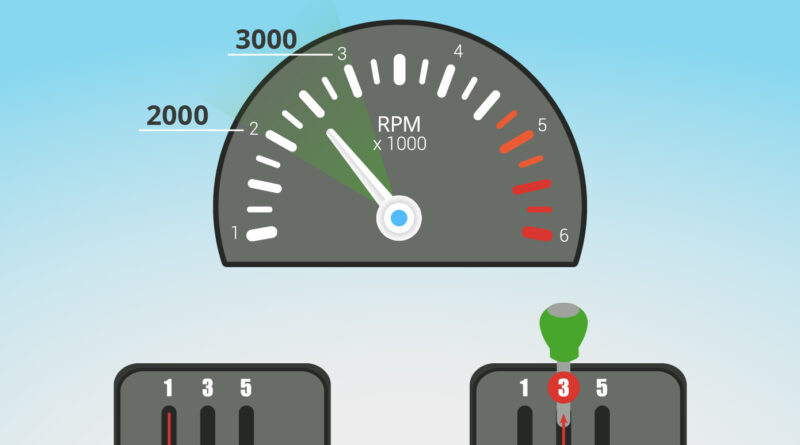A guide what is car engine remapping
In this article, we’ll delve into the world of car remapping or slogan engine remapping, exploring its definition, process, benefits, and potential considerations. Car enthusiasts and performance aficionados often seek ways to enhance their driving experience, and one popular method is through car remapping. But what exactly is car remapping, and how can it transform your vehicle’s performance? how engine works
What Is Car Remapping?
Car remapping, also known as engine tuning or chipping, is the process of modifying the software (ECU – Engine Control Unit) that governs the engine’s performance. The ECU controls various parameters, such as fuel injection, ignition timing, and turbocharger boost pressure, to optimize the engine’s efficiency and power output. To stay within the law make sure you don’t interfere with emission systems make sure maps don’t remove EGR operation and catalytic converter, DPF/PPF operation or adblue operation make sure they are visually present and operational.
The Remapping Process:
- Diagnostic Check: Before the remapping process begins, a thorough diagnostic check is performed on the vehicle to ensure its engine is in good condition. Any existing issues or faults are addressed before proceeding.
- Downloading Existing Software: The existing software from the ECU is then downloaded and backed up. This ensures that the original settings can be restored if needed.
- Customized Mapping: Skilled technicians or tuners modify the ECU software to optimize the engine’s performance. This involves adjusting parameters like air-fuel ratio, ignition timing, and turbocharger pressure to achieve better power, torque, and fuel efficiency.
- Uploading New Software: The customized software is uploaded back into the ECU, replacing the factory settings. This new configuration is tailored to enhance the vehicle’s overall performance.
Benefits of Car Remapping:
- Increased Power and Torque: Car remapping can unlock additional power and torque, providing a noticeable boost in performance. This is particularly appealing for those seeking a more exhilarating driving experience.
- Improved Fuel Efficiency: Optimizing the engine’s parameters can lead to more efficient fuel combustion, resulting in better fuel economy. While pushing the accelerator might be more thrilling, it doesn’t necessarily mean compromised fuel efficiency.
- Enhanced Throttle Response: Remapping can improve throttle response, reducing lag and making the car more responsive to driver inputs. This can be particularly beneficial in situations requiring quick acceleration.
- Customization for Specific Needs: Car remapping allows for customization based on individual preferences. Whether you prioritize power, fuel efficiency, or a balance of both, the tuning can be tailored to meet your specific needs.
Considerations:
- Warranty Implications: Car manufacturers typically void warranties if unauthorized modifications, like remapping, are detected. It’s crucial to weigh the performance benefits against the potential impact on your warranty coverage.
- Reputable Tuning Providers: Choosing a reputable and experienced tuning provider is essential. A qualified tuner will conduct the remapping process safely, minimizing the risk of damage to the engine.
- Vehicle Compatibility: Not all vehicles are suitable candidates for remapping, and the extent of performance improvement can vary. It’s advisable to research and consult with professionals to determine the compatibility and potential gains for your specific make and model.
- Manufacturer’s Warranty: Modifying your vehicle through remapping may void the manufacturer’s warranty. Most car manufacturers specify that any unauthorized modifications to the engine or electronic systems could result in warranty voidance.
- Emissions Compliance: Car remapping should not lead to the violation of emission standards. Some countries have strict regulations regarding vehicle emissions, and any modifications should comply with these standards to ensure the vehicle remains road-legal.
- Road Traffic Laws: As long as the modifications made during remapping do not result in the vehicle exceeding legal performance limits or emission standards, it is generally legal. However, if the modifications lead to a vehicle that is not road-legal, it can result in legal consequences.
- Professional Tuning Services: It’s important to choose a reputable and professional tuning service to ensure that the remapping is done within legal and safe limits. Professional tuners are often aware of legal constraints and work within the boundaries set by local regulations.
- Informing Your Insurance Company: Some insurance providers may consider engine modifications when determining coverage. It’s advisable to inform your insurance company about any modifications, including car remapping, to ensure that your coverage remains valid.
- Country-Specific Regulations: Regulations regarding vehicle modifications, including engine remapping, can vary from country to country. It’s essential to be aware of and comply with the specific regulations in your region to avoid legal issues.
Conclusion:
Car remapping offers an exciting avenue for enhancing your vehicle’s performance, providing a tailored driving experience. However, it’s crucial to approach it with careful consideration, ensuring compatibility, and choosing reputable professionals to carry out the process. By understanding the intricacies of car remapping, enthusiasts can unlock the full potential of their vehicles on the road. In summary, while car remapping itself is not inherently illegal, it’s crucial to approach it responsibly and within legal limits. Always consult with professional tuners, consider the impact on warranties and insurance, and ensure compliance with local regulations to enjoy the benefits of remapping without legal repercussions.
Buying a used VW. Buying used vauxhall, BMW, Jaguar, Ford, Volvo, Range rover, Bentley, Aston Martin, Porsche, Ferrari, Lamborghini, Maserati, Hyundai, Tesla, Honda, Pagani

